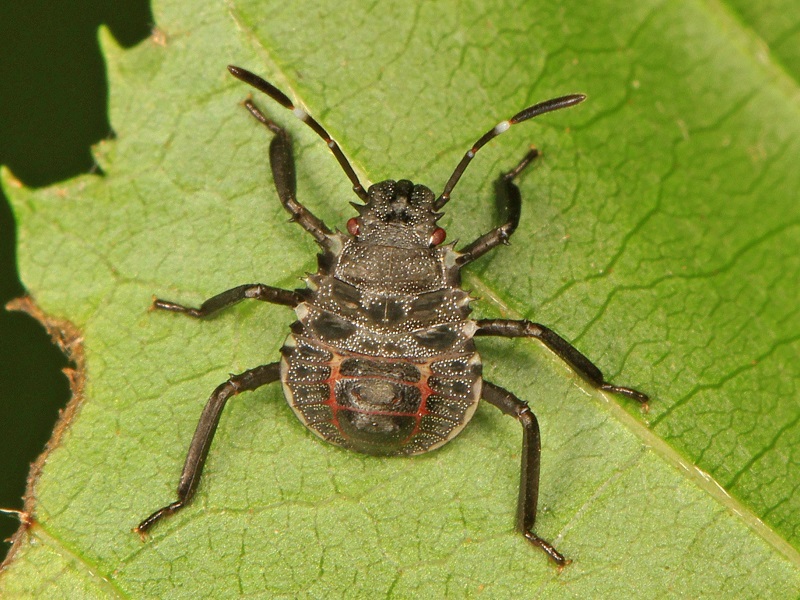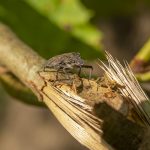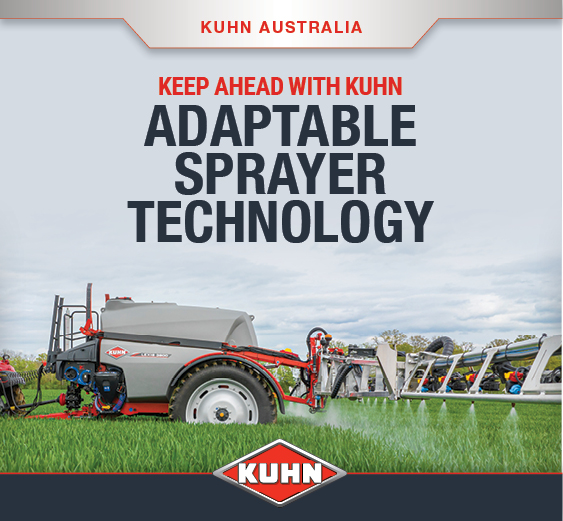A cargo ship carrying more than 3,500 cars and heavy machinery has been refused entry into Australia because of the biosecurity risk posed by some tiny but devastating insects.
Minister for Agriculture, Senator Bridget McKenzie, said brown marmorated stink bugs would have a decimating impact on Australia’s agricultural crops and horticulture, if established here.
“Just as concerning is the impact these bugs can have on all of us — they are a real headache for residents creeping into homes when the weather gets cooler, letting off an unpleasant smell and they’re hard to kill,” she said.
“These pests hitchhiked their way into the United States in the late 1990s and are now widely established.
“The bugs are also spreading across Europe and are now in places like Italy, Greece, Georgia and Romania.
“In the worst affected regions farmers have lost more than 90 per cent of their crop—in Australia that could equate to losses of more than $20 billion nation-wide.
“Australia’s biosecurity import requirements are science based, clear and non-negotiable. Our international reputation as a source of safe, clean and green food and fibre for the world relies on our pest and disease free status,” she added.
“Our biosecurity system protects $6 trillion worth of assets including our $60 billion agricultural industries.
“Last year, 312 brown marmorated stink bug detections were made on vessels and goods arriving in Australia.
“Finding these bugs measuring less than two centimetres on such massive vessels full of cargo is no easy task.
“So far this year we have had 54 detections of brown marmorated stink bugs and my department works with importers and vessels to manage the risks they pose.
“The current risk aboard the cargo vessel was deemed too great to allow the ship to dock in Australia.
“Remember these nasties could have a real impact on all of us in the backyard and at home.
“Our biosecurity status is worth too much to our agricultural industries and to our shared way of life to put at risk.”
















